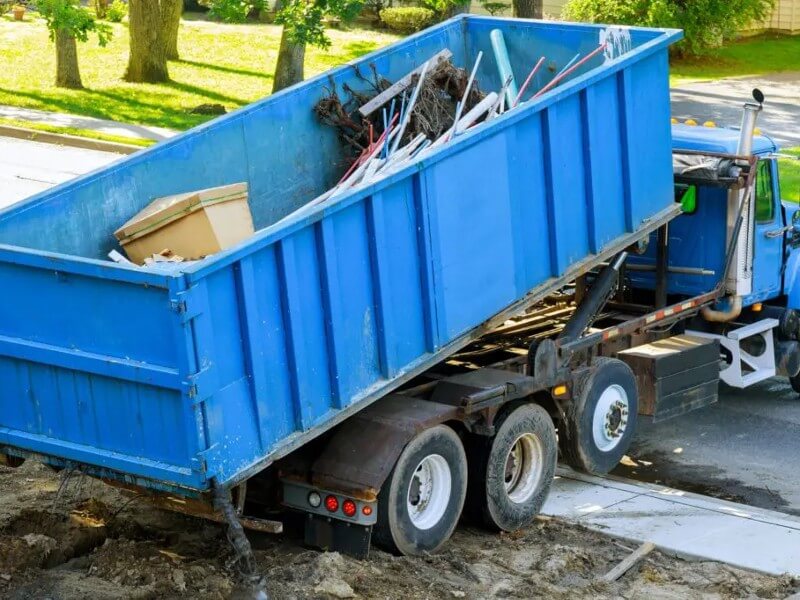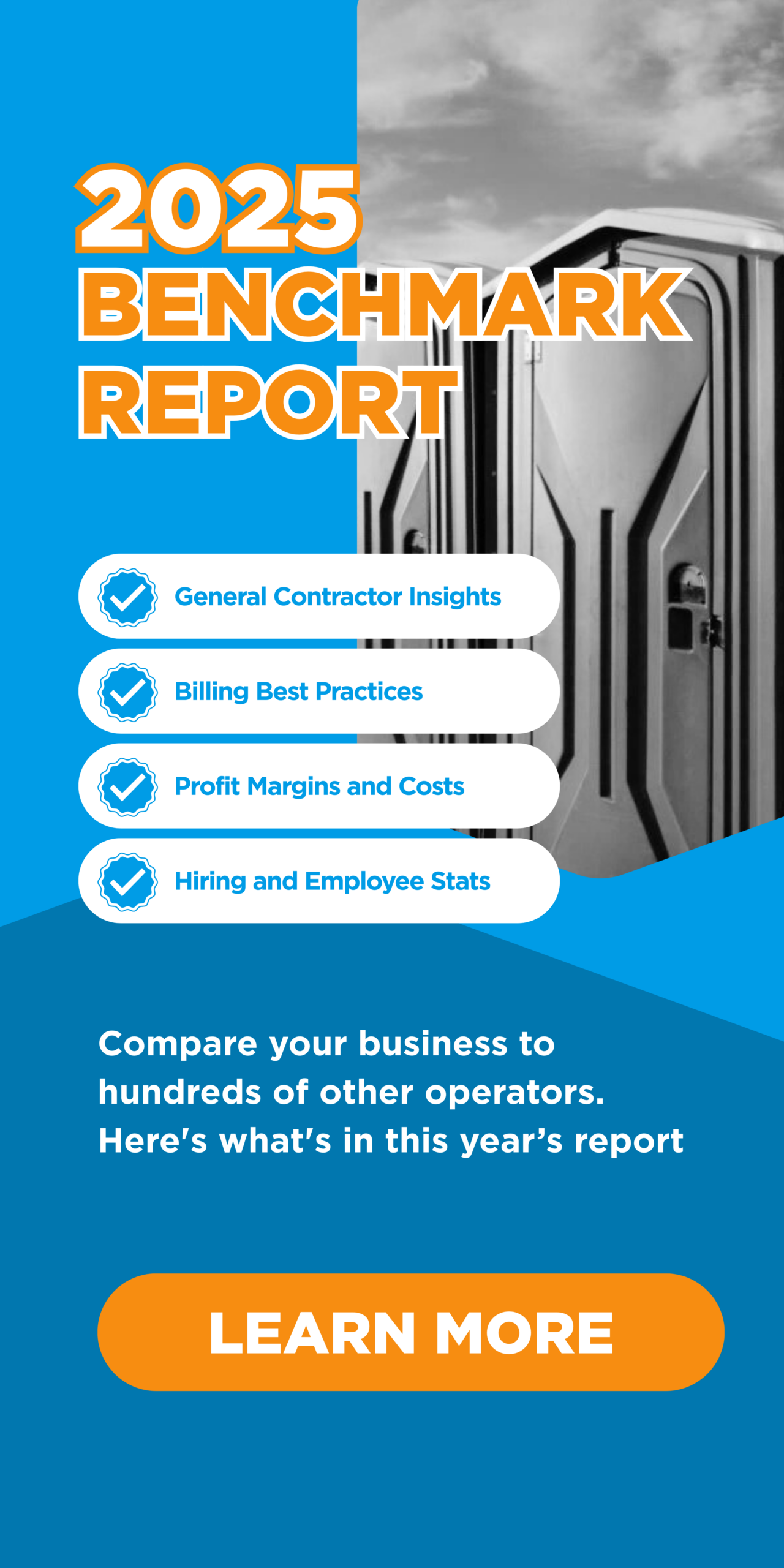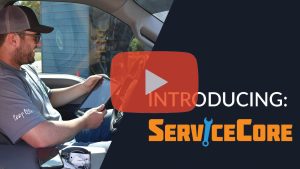Effective Route Planning for Dumpster Deliveries and Pick-ups
The Importance of Effective Route Planning in the Dumpster Industry
In the dynamic world of the dumpster industry, plotting an optimal route for deliveries and pick-ups isn’t just a logistical task; it’s an art. It plays a pivotal role in ensuring that operations run smoothly, customers remain satisfied, and the environment benefits from reduced emissions.
Impact on Operational Efficiency
Planning routes meticulously has a profound impact on the operational efficiency of any dumpster rental business. Here’s why:
- Reduced Fuel Consumption: Optimal routes mean shorter distances traveled, leading to significant fuel savings.
- Time Saved: Minimized delays due to traffic or roadblocks ensure that drivers can make more trips in a day, serving more customers and increasing daily revenue.
In essence, the less time a truck spends on the road, the better. It results in cost savings and allows businesses to cater to more customers.
Enhancing Customer Satisfaction
In a service-oriented industry like dumpster rentals, customer satisfaction is paramount. Delivering on time promises and ensuring prompt pick-ups is vital. Here’s how route planning plays a role:
- Punctuality: A well-charted route minimizes unexpected delays, ensuring timely deliveries and pick-ups.
- Improved Communication: When routes are planned, businesses can give accurate delivery windows to customers, keeping them informed and reducing waiting times.
Ultimately, it’s about building trust. When customers know their service provider values their time, they’re more likely to come back and recommend the service to others.
Reducing Environmental Footprint
The environmental benefits of effective route planning are significant. Every business has a responsibility to operate sustainably, and here’s how route planning aids in this mission:
- Lower Emissions: Efficient routes mean fewer miles traveled, which directly translates to less fuel burned and fewer emissions.
- Less Wear and Tear: Better-planned routes often avoid roads in poor condition or with frequent stop-and-go traffic. This means less wear and tear on vehicles, extending their lifespan and reducing the need for frequent replacements.
By making these small but impactful changes in route planning, dumpster businesses can position themselves as environmentally responsible entities, a tag that’s increasingly becoming a unique selling proposition.

Key Factors to Consider When Planning Routes
Efficient route planning can save time, reduce costs, and enhance customer satisfaction. For those in the dumpster rental business, this efficiency is even more crucial. Here’s a closer look at the pivotal factors that should guide every route planning decision.
Traffic Patterns and Peak Hours
Understanding the flow of traffic is important, especially in urban environments. Factors to consider include:
- Traffic bottlenecks: These are spots where traffic builds up the most. Know where they are and how to avoid them.
- Peak hours: Identify the rush hours and plan routes around them.
- Roadworks: Stay updated on construction or road closures to prevent delays.
By staying ahead of traffic, businesses can ensure timely and reliable service.
Customer Time Preferences
In the roll-off dumpster industry, catering to customer schedules is vital. This requires:
- Aligning with preferred delivery or pick-up times of regular customers.
- Establishing scheduled time windows for certain areas.
Accommodating these preferences doesn’t just boost efficiency—it also encourages customer loyalty.
Truck Capacities and Limitations
Every truck is unique in terms of size, capacity, and limitation. Hence, it’s crucial to:
- Maximize truck load: Ensure each vehicle is loaded optimally for each trip.
- Mind the restrictions: Some roads or bridges have weight limits.
- Equip appropriately: Ensure trucks carry necessary equipment or tools for specific jobs.
Effective route planning involves understanding truck-specific considerations to optimize each journey.
Environmental and Sustainability Goals
A sustainable approach is becoming increasingly important in business. Route planning can help in this by:
- Reducing total travel distance to minimize emissions.
- Combining trips to serve multiple customers efficiently.
- Avoiding routes through ecologically sensitive areas.
Prioritizing sustainability in route planning doesn’t just benefit the environment—it can also lead to cost savings.
Taking these factors to heart during the route planning process can lead to more efficient operations, happier customers, and a reduced carbon footprint. Proper planning ensures businesses are prepared for any challenges and can adapt to the ever-changing demands of the dumpster rental industry.

Modern Tools and Software for Route Optimization in the Dumpster Business
The dumpster rental industry, like many others, is evolving with the rapid growth of technology. These advancements aren’t just about improving the dumpsters themselves but also enhancing the way they’re delivered and picked up. Integrating modern tools and software can streamline operations, leading to more efficient routes and better customer service.
GPS Tracking Systems for Roll-Off Dumpsters
GPS technology has revolutionized the logistics of many industries, and the dumpster rental business is no exception. Benefits of GPS tracking systems include:
- Real-time Location Monitoring: Easily track where each roll-off dumpster is, helping to prevent theft and unauthorized use.
- Route History: Review routes taken in the past to find areas of improvement or inefficiency.
Mobile Apps for Dumpster Delivery and Pick-Up
Mobile apps have become an indispensable tool for businesses, providing both drivers and customers with vital information. Here’s how they benefit the dumpster rental industry:
- Real-time Updates: Customers can track the delivery or pick-up of their dumpster, enhancing transparency and trust.
- Efficient Communication: Direct communication channels between drivers and customers reduce misunderstandings and improve service.
Predictive Analysis Tools for Dumpster Traffic
Anticipating challenges is just as important as addressing them. With predictive analysis tools, businesses can:
- Forecast potential traffic hotspots during certain hours or events.
- Predict seasonal demands and adjust route frequencies accordingly.
By usingthese modern tools and software, roll-off dumpster businesses can ensure they’re not just keeping pace with industry standards but setting them. Efficient route optimization not only saves time and money but also elevates the customer experience, fostering loyalty and trust.
Best Practices and Tips for Effective Dumpster Route Planning
Planning a route for dumpster deliveries and pick-ups might seem straightforward, but the devil is in the details. Getting a roll-off dumpster from point A to B efficiently requires a bit of foresight. The good news is that a few straightforward practices can make a world of difference.
Start the Day with a Clear Plan
Before the trucks start rolling, have a game plan:
- List Priorities: Know which deliveries or pick-ups are time-sensitive.
- Double-Check: Ensure all bookings for the day are on the schedule.
Stay Updated on Road Conditions
Unexpected road conditions can throw a wrench in the works:
- Listen to local radio traffic updates or use mobile apps.
- Avoid areas with known construction or road closures.
Cluster Stops
It makes sense to group stops that are near each other:
- Reduce Drive Time: Deliver or pick up dumpsters from locations close to one another.
- Save Fuel: Fewer miles mean less fuel burned.
Always Have a Plan B
Sometimes, despite best efforts, things don’t go as planned:
- Alternative Routes: If one road is jammed, know another way.
- Rescheduling: If a pick-up or delivery can’t be made, communicate with the customer ASAP.
Get Feedback from Drivers
No one knows the roads better than the people on them:
- Drivers can suggest shortcuts or highlight problem areas.
- Regular team meetings can help share knowledge and improve routes.
Remember, while technology and tools are great, nothing beats experience and local knowledge. It’s a combination of both that will ensure dumpsters reach their destination smoothly and on time.

Navigating the Road Ahead in the Roll-Off Dumpster Industry
Route planning is vital for roll-off dumpster businesses. We discussed the essential factors to consider when charting out routes and the benefits of modern tools and software. By applying these guidelines, businesses can improve their operations, reduce errors, and enhance customer satisfaction. Remember, a well-planned route isn’t just about efficiency; it’s about providing the best service to your clients and ensuring smooth daily operations.
FAQs on Effective Route Planning for Dumpster Deliveries and Pick-ups
How often should I reassess and adjust my dumpster delivery routes?
Routes should be reviewed regularly, at least once every few months, or when there’s a noticeable change in service areas or customer demand. Regular check-ins can help identify inefficiencies and ensure you’re delivering the best service.
How can I train my drivers to follow the optimized routes?
Regular training sessions and workshops are essential. Provide them with clear maps, step-by-step instructions, and encourage open communication for any challenges they face. Using software with a user-friendly interface can also ease the transition.
How much time can I expect to save with effective route planning?
The time saved can vary, but many businesses report a reduction in driving time by 20% or more. This not only saves time but also reduces fuel costs and wear and tear on vehicles.
What should I do if a customer requests a last-minute pick-up or delivery?
While route optimization is about planning, it’s also about flexibility. Modern routing software often includes features to accommodate last-minute requests, adjusting routes on the fly. Always communicate any changes or delays with the customer promptly.



